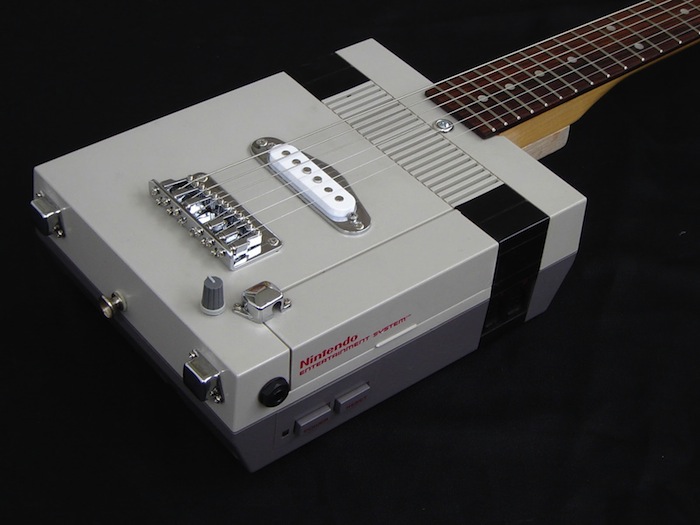My goal here was ostensibly to put together an essay for the Village Voice about the new Aphex Twin album, but it’s actually more about the absence of the new Aphex Twin album, and how I got highly attached to an amazing leaked track in the interim.
Not only has James never released another album like Selected Ambient Works 85-92 — worse yet, these days he just doesn’t really release albums at all. It’s been 22 years since that debut, and for more than half that time he has existed only as a beloved ghost. The last thing he released before disappearing was 2001’s Drukqs — twisted, knotty, and in places totally incomprehensible. Frankly, it has proven exhausting to be a fan of a musician who was first brilliant, and then difficult, and finally just totally absent.
more



